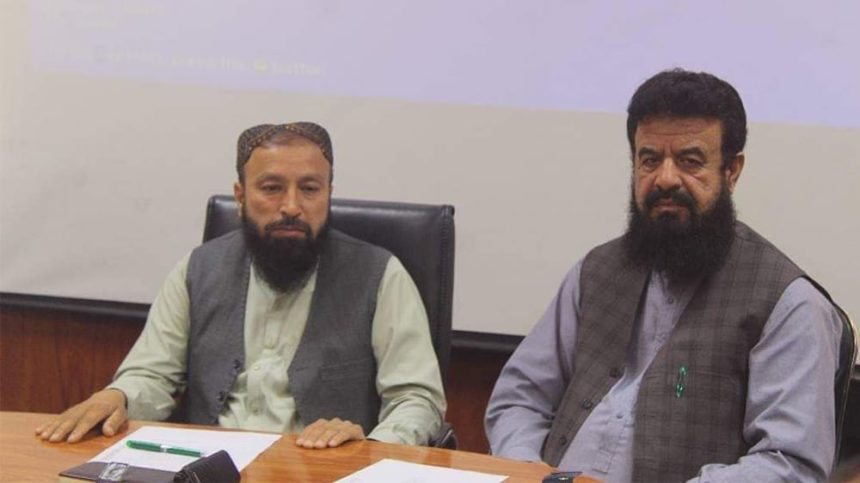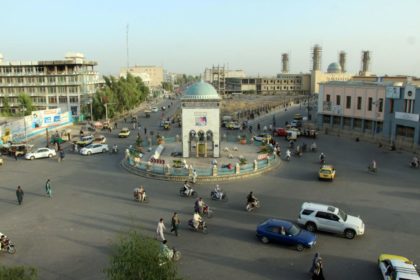RASC News Agency: Despite the Taliban’s claims of eradicating corruption in Afghanistan, recent reports from Kunduz indicate a troubling case of alleged corruption involving key figures in the Taliban-controlled region. Najibullah Sahil, the head of public health in the area, and Mohammad Naeem Mangal, the commander of the provincial hospital, have been arrested on charges of corruption and embezzlement, casting doubt on the group’s supposed efforts to combat corruption.
According to reliable sources, Sahil and Mangal were apprehended by Taliban intelligence approximately a month ago and are currently being held in a Taliban prison. It has been revealed that Sahil, in collaboration with his subordinates, had appointed his relatives and close associates as nurses and doctors in various healthcare institutions. This nepotistic practice not only disregards qualified individuals with proper education and skills but also raises questions about the fairness and integrity of the healthcare sector under Taliban rule.
Moreover, Sahil is facing accusations of misappropriation of funds related to health projects and contracts. These allegations point to a pervasive problem within the Taliban’s administration, where corruption and embezzlement threaten the effective functioning of essential services.
This incident highlights the broader concerns of the Afghanistani people who have voiced their discontentment with the Taliban’s practice of nepotism, witnessing the appointment of their relatives and close associates across various sectors without considering merit or expertise. This nepotistic approach not only undermines confidence in the Taliban’s governance but also obstructs the development and progress of the country.
The situation is further exacerbated by the Taliban’s assignment of their affiliated members to positions of power after their seizure of control in Afghanistan. Such appointments without proper qualifications and competency only contribute to a culture of corruption and hinder the establishment of a transparent and inclusive government.
As the people of Afghanistan endure the consequences of nepotism and corruption within the Taliban’s rule, it becomes increasingly evident that the group’s promises to combat corruption and establish good governance have thus far been hollow. The arrest of Sahil and Mangal serves as a stark reminder of the challenges the Afghanistani people face as they strive for a transparent and accountable administration that can meet their needs effectively. It remains to be seen whether the Taliban will take concrete steps to address these issues and restore credibility in their governance.






